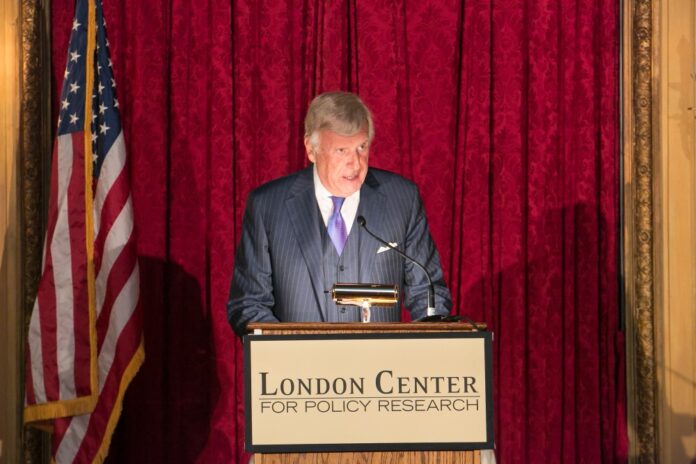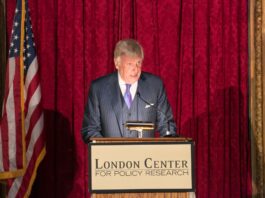It is customary for members of the Academy to display anti-American sentiment in the form of multi-culturalism. Rarely, however, does the critique involve the Constitution itself. There is the belief that Supreme Court Justices may have overstepped their authority or mistook various clauses. Now, Georgetown University professor, Louis Michael Seidman, goes further in raising the question of whether we should obey the Constitution at all.
In his new book, On Constitutional Disobedience, Professor Seidman contends that since the people of today have a framework different from those in the 18th century who constructed the document, we are under no obligation to adhere to its provisions. In fact, as he sees it, invoking Constitutional arguments detracts from the merits of an issue and is usually “profoundly beside the point.”
Seidman is quite clearly a member of a university club that believes the dysfunction of government is a least partially due to the Constitution’s role in public life, e.g. free speech and gun control. He maintains that the political theory undergirding the Constitution was a product of another time and is thereby “weird, if not actually repugnant.” He refers specifically to the denial of rights to women, nonwhites and those without property. As he notes: “I do think what we’re talking about here is cultural change. America is at a stage where there is a growing realization that a lot of constitutional law is empty posturing.”
Alas, Professor Seidman is probably right about that point. Where he is not right is in assuming the Constitution is irrelevant or an impediment to the resolution of contemporary issues. The strength of this 23 page document is in its recognition of human frailty and the penchant for evil.
The Founders, relying on a combination of Original Sin and Augustinian assumptions, wrote a document that assumes mankind is not comprised of angels. Therefore the institutions of state should rely on a balance of power, authority vested in each branch of government that curtails the influence of the others. Whether Seidman thinks so or not, this position is axiomatic. It is not restricted to time and place, but directs attention to a universal theme.
Assuredly the Constitution is a document related to its time. But the resilience built into its provisions has allowed for issues like women’s rights to be redressed. Similarly, Seidman assumes that the Constitution is a hopelessly anachronistic document that doesn’t speak cogently to the problems we must now confront. Yet it is precisely the genius and flexibility inherent in it that contributes to public debate and adjudication of problems.
At the risk of logical extension, this Seidman opus represents a breed of left wing faculty members who contend it is time to change the rules that govern the nation. Presumably it is this group that is prepared to lead us to a new and more desirable promised land. This is not merely the Constitution, as “living document,” tortured by interpretation. No, this is disobedience, a refusal to employ the Constitution as the boundary in public discourse and national governance.
What is overlooked in this critique is that in calling for disobedience, these selective professors are advocating a form of anarchy. They would contend, of course, that natural factors such as common sense and local legislation, will fill the political vacuum. Perhaps. Since my own experience suggests a deterioration of common sensical reactions to public issues, I am not as sanguine as the left wing professoriate about Constitutional disobedience. Nor am I persuaded that there exists a group of people steeped in the laws of human behavior and biblical prescriptions who can create the contours of effective rules for this republic. It may surprise many in university life, but this nation was blessed to have the Constitution bestowed on it. It is a gift that keeps on giving, even if many of its beneficiaries don’t realize it.


